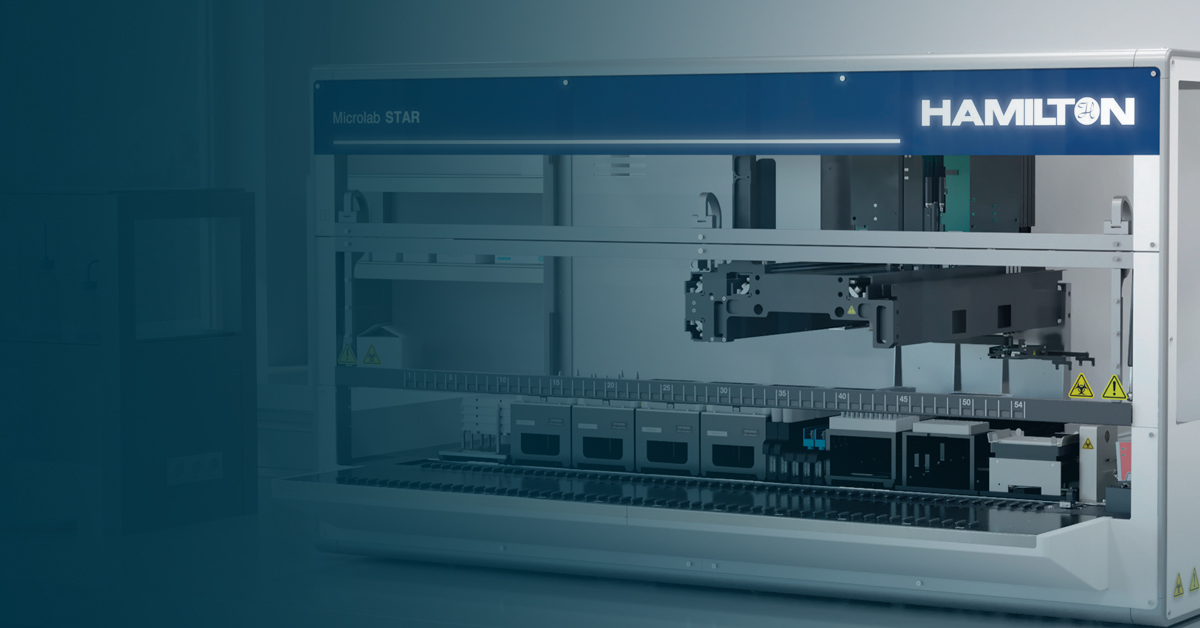
During clinical development, new chemical entities (NCEs) require an absorption, metabolism, and excretion (AME) study. Also known as a human radiolabeled mass balanced study, the AME study aims to determine the overall metabolism and excretion pathways of the NCE, as well as to identify and quantify circulating metabolites relative to parent or total drug-related exposure.
While traditionally conducted during Phase 2 or later, the FDA has recently been requesting data sooner in the development process, making it critical to implement proactive AME studies to lay the groundwork for advanced phases of your clinical program.
At Worldwide, our early phase team has conducted these studies for over 20 years, gaining invaluable experience and insights into best practices for an AME study. We recently published a white paper discussing the value of proactive AME studies, best practices, and lessons we’ve learned over the years to help optimize your study. Here are a few of our lessons learned:
1.Unflinching attention to detail is required to manage AME study participants
In AME studies, our top priority is balancing participant comfort and compliance with high-quality data collection. Using both traditional and novel approaches, we ensure recruitment and retention of optimal study participants by thoroughly screening our subjects. This process involves a careful assessment of medical history and daily bowel habits.
To proactively manage subject expectations, we provide participants with the following:
- Dry restrooms
- No definitive stopping date
- Dietary requirements
- 24/7 collection of urine & fecal matter
- Blood sample collection
2. Meticulous attention to detail is essential to achieving an excellent total radioactive dose recovery rate
FDA guidance requires total radioactive recovery in urine and feces to be at least 90%, and Worldwide has an outstanding track record of meeting or exceeding this benchmark. To accomplish this, we pay careful attention to both dosing and sample collection.
Dosing
Our pharmacy services can prepare liquid, solid, and intravenous dosage formulations. Regardless of the formulation, the entire dose must be administered to each subject, and the dosing containers must be checked for residual radioactivity.
Biological Sample Collection
Collection of all urine and fecal samples is additionally vital to reaching the targeted radioactive dose recovery rate. As a result, we ensure collection of all urine and fecal samples over a period ranging between five to seven days, modifying the participant diet if needed.
3. Building a specialized team for radiolabeled drug research is critical
Safely performing radiolabeled studies requires a team of highly trained specialists, including:
- Radiation safety officer (RSO)
- Pharmacists
- Radiologist/Sub-investigator
- Health physicist
Along with the specialists, our facility staff includes just-in-time, medic, and technical staff who are trained by our RSO to ensure awareness of standard operating procedures (SOPs).
4. The on-site cGMP Phase 1 pharmacy must have radiolabel drug preparation experience
A clinical pharmacology unit (CPU) must be licensed and experienced in handling radioactive investigational drugs in order to complete your AME study. Our CPU’s radiolabel pharmacy services include:
- Hot and Cold Compounding: To achieve target investigational product (IP) dose and radioactive target dose
- On-site Scintillation Counting (SC): To test investigational drug preparation and confirm full dose administration
Collect AME Data with Worldwide
Among the limited CROs capable of performing these studies in the United States, Worldwide is one of the few positioned to run your AME study. Planning for an early AME study with Worldwide will not only satisfy FDA requirements, but its data can also contribute valuable information to the start of your clinical trial and help anticipate what your compound will need for approval, thereby saving time and reducing costs.
To delve deeper into our lessons learned and discover the importance of an on-site CPU with relevant experience, co-located CPU and bioanalytical labs, and customized CRO services, check out our full white paper, “When the FDA knocks, answer with AME study results for clinical trial success.”



